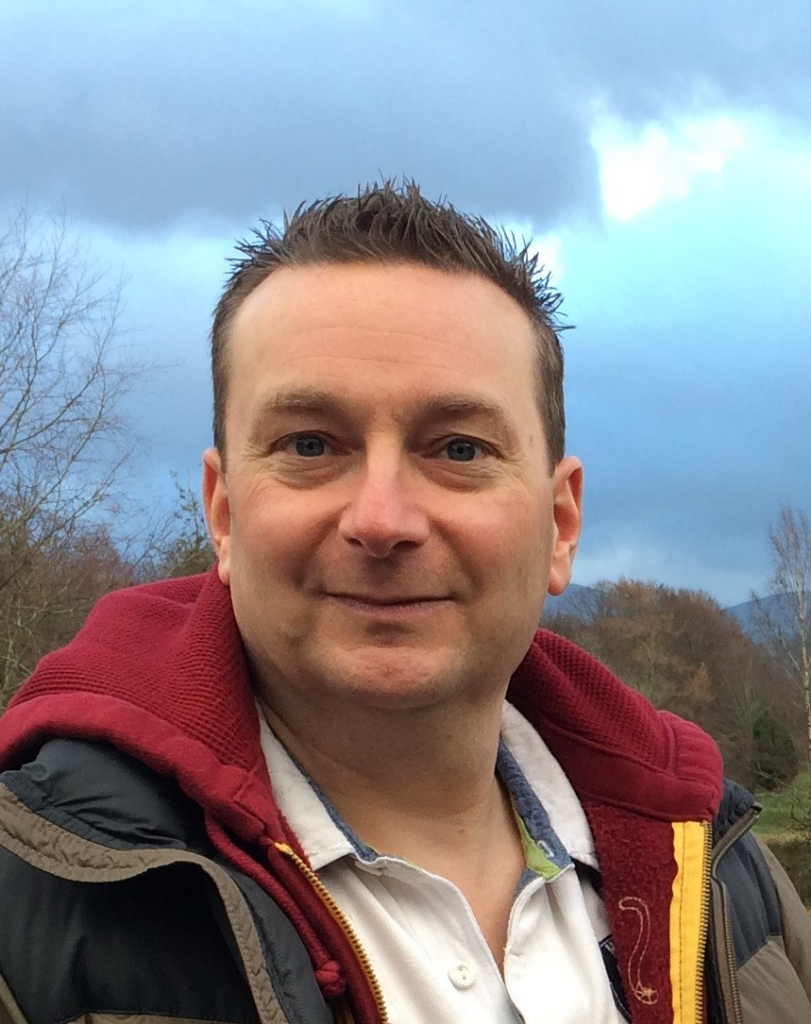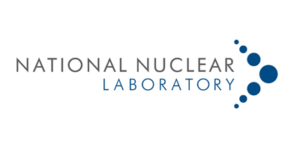Tuesday 28 September 2021
Countdown to COP26: trimming the ‘waste’ line
As we approach COP26, NNL is continuing its series of blogs looking at the key issues. This time, Tim Tinsley, Account Director at NNL, talks about how he doesn’t fit the profile of a usual climate activist – and how he’d like to bin the word ‘waste’.

Much of the dialogue around the UN Climate Change Conference (COP26) has been focused on decarbonisation and how we reach net zero carbon emissions globally by 2050. But there is also a wider conversation to be had: what do we mean by creating a truly sustainable planet for future generations?
Moving to a secure clean energy system is of course a significant and important part of this. Across the world, however, there are other challenges for modern civilisation, several of which are reflected in NNL’s own Focus Areas and many of the most pressing are contained in the UN’s 17 Sustainable Development Goals (SDGs).
Sustainability is therefore a principle that feeds into every area of our lives and society, from healthcare to education. So what does this mean for the nuclear sector?
Unlike many of my colleagues at NNL and across industry, I wouldn’t necessarily identify as an environmentalist and I certainly don’t fit the profile of many of the climate activists hitting the headlines today. Yet looking back over my career, the thread that runs through it is the basic principle of sustainability and the belief in the power of a circular economy where there is no waste. How can we best maximise, conserve and reuse the resources that we have? How can we avoid throwing away something as a waste when it could have value elsewhere?
At university back in the 1980s I studied chemical engineering, born out of a fascination for chemical process, a curiosity for experimentation and a desire to build things. Back then the course was essentially designed around the oil and coal industries. The focus was on the science and engineering to break these raw materials down into useful products, such as fuels, and the production of chemicals and plastics. Now anything associated with these industries appears to be considered as harmful to the environment, so not really the career start of your typical environmentalist!
But chemical engineering is fundamentally about balances: understanding what goes in and what comes out. Ideally, you want to create the most efficient system you can where nothing is wasted, be that material or energy. You want to create something that works effectively, whilst not creating by-products that give you a headache. In other words, applying the principle of sustainability.
I continued to apply this principle when I joined the nuclear sector at what was previously British Nuclear Fuels Limited (BNFL). NNL has its roots as its research division. I was part of the team developing new reprocessing approaches for used materials on the Sellafield site. For some people this material was, and still is, considered ‘waste’. But used materials from our nuclear reactors still contain significant valuable resources, especially as a source of energy, that we should consider in line with some of the most precious materials we have on our planet. To treat this as waste would be like buying a pack of biscuits, eating one and throwing the rest away.
Now we are starting to look at this so-called waste and ask what value it could provide. At NNL, for instance, working with the University of Leicester, we have identified a breakthrough capability for space exploration by repurposing these used materials. Americium, due to its properties as a long-acting energy source, will soon be powering space missions for the European Space Agency and improving our understanding of the world beyond earth. A greater societal benefit than being buried as a waste a mile underground…
Closer to home, under our Health and Nuclear Medicine Focus Area we are looking to help rebuild capabilities the UK held in the 1950s and 1960s for the production of medical radioisotopes. This would give the UK a sustainable domestic supply of material, supporting the development of new products to diagnose and treat cancers as well as other ailments. Some of this material will be recovered from existing used nuclear materials. By providing this, NNL will enable the medical sciences sector to develop and provide life-saving healthcare and research into future medical advancements – all from what the nuclear industry previously considered waste.
The language we use is therefore important when we reflect on our aim of creating a sustainable planet. As the saying goes, one person’s waste is another person’s treasure. Waste is often a complete misnomer and across every sector sustainability will mean recalibrating what we think of when we consider it – the nuclear sector included. With reports on the scarcity of some precious metals, which are now ubiquitous in our smartphones and devices, it is not difficult to imagine a day in the near future when we will be mining landfills to recover and recycle what was once thrown away.
As we look ahead to the new wave of advanced nuclear technologies, it is clear there is huge potential for transforming our energy system and supporting the production of zero-carbon electricity, heat and hydrogen at scale. But we should also be thinking creatively and holistically as we develop these new clean energy technologies, and asking: how can we consider their total system potential? What more could they do? How can we use EVERYTHING they produce? Could there be multiple benefits built in?
At NNL, as the UK’s national laboratory for nuclear fission, we sit in an enviable position to act as a breeding ground for this type of thinking. It is fascinating to be working with so many partners within the nuclear sector and more widely to drive new advances through a sustainable mindset. But there is always more that can be done, more ideas to embrace and nurture, and more to be shared.
With COP26 providing a global focal point for sustainability in November, we will be continuing to support this agenda – here and with our international partners – to ensure we remain at the cutting-edge of these scientific innovations. And hopefully starting conversations that will lead to even bigger and better breakthroughs in the future.
My one wish? Can we ban the word waste please?

